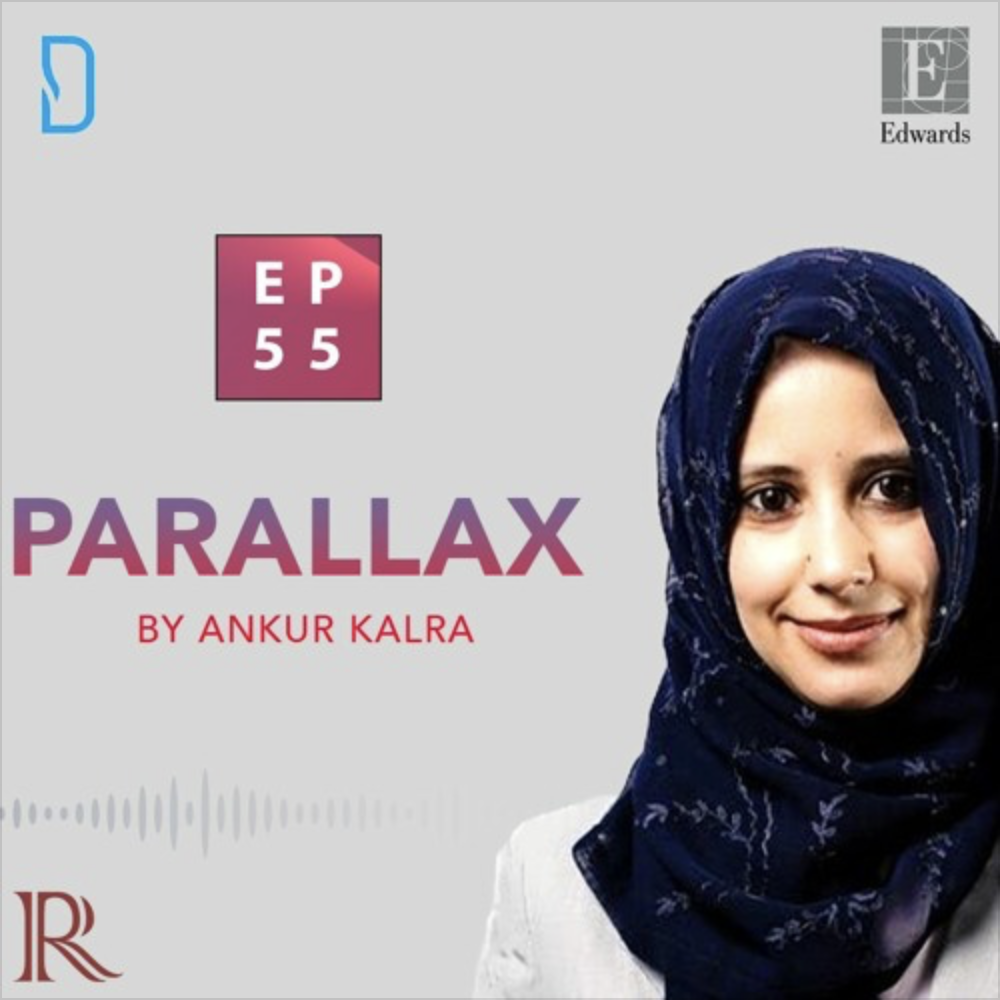
In the second ESC 2021 episode of Parallax, Dr Ankur Kalra’s guest is Dr. Mirvat Alasnag, interventional Cardiologist and Director of Catheterization Laboratory at the King Fahad Armed Forces Hospital (KFAFH) in Saudi Arabia. Dr Alasnag was a programme committee member at this year’s ESC and regional PI of one of the late-breaking trials presented.
Ankur invites Mirvat to review the interventional cardiology highlights of the congress. Mirvat summarises the background and latest evidence from the trials and their importance. Ankur and Mirvat discuss the strategies they apply currently and how they think the novel data will guide their decision-making.
Trials covered in detail include:
STOPDAPT-2 ACS: one-month dual antiplatelet therapy followed by clopidogrel monotherapy in acute coronary syndrome
TOMAHAWK: immediate angiography after out-of-hospital cardiac arrest
ENVISAGE-TAVI AF: edoxaban vs. vitamin K antagonists after TAVI in patients with atrial fibrillation
RIPCORD 2: does routine pressure wire assessment influence management strategy of coronary angiography for diagnosis of chest pain?
MASTER DAPT: dual antiplatelet therapy after coronary stenting in high bleeding risk patients
Questions and comments can be sent to “podcast@radcliffe-group.com” and may be answered by Ankur in the next episode. Guest @mirvatalasnag hosted by @AnkurKalraMD. Produced by @RadcliffeCARDIO.

Brought to you by Edwards: www.edwardstavr.com






What is the Global Cardiology University project? How does Dr Anavekar encourage trainees to re-examine their role in patient care? What is his advice to our listeners?

As Dr Kalra asks Dr Rao about the ways in which early career faculty members can get involved with the organization at a state level. Dr Rao shares his insider tips and highlights key events where individuals can further their participation.
How can you get involved with your local ACC chapter? How can you improve your leadership skills? What is Dr Rao’s advice for our listeners?

He explains how the complexity of nutrition and the compounds generated by the gut microbiome can impact our health. We learn more about three compounds produced by our gut microbiome that have a strong connection with heart disease.
Through this conversation, Dr Vuyisich invites us to reframe our approach to nutrition and prevention as a question of food education and data-driven science.


This episode features a vascular neurologist and an interventional cardiologist who will discuss the relationship between their two fields of medicine.

In this rich and insightful discussion, Dr Kittleson talks about the origins of famous #kittlesonrules, a collection of tips for doctors shared on Twitter, and her thoughts on mentorship. We learn more about Mastering the Art of Patient Care. Dr Kalra and Dr Kittleson discuss strategies for managing difficult situations in patient care.

As Dr Kalra asks Dr Rao about the ways in which early career faculty members can get involved with the organization at a state level. Dr Rao shares his insider tips and highlights key events where individuals can further their participation.
How can you get involved with your local ACC chapter? How can you improve your leadership skills? What is Dr Rao’s advice for our listeners?

He explains how the complexity of nutrition and the compounds generated by the gut microbiome can impact our health. We learn more about three compounds produced by our gut microbiome that have a strong connection with heart disease.
Through this conversation, Dr Vuyisich invites us to reframe our approach to nutrition and prevention as a question of food education and data-driven science.


This episode features a vascular neurologist and an interventional cardiologist who will discuss the relationship between their two fields of medicine.

In this rich and insightful discussion, Dr Kittleson talks about the origins of famous #kittlesonrules, a collection of tips for doctors shared on Twitter, and her thoughts on mentorship. We learn more about Mastering the Art of Patient Care. Dr Kalra and Dr Kittleson discuss strategies for managing difficult situations in patient care.





